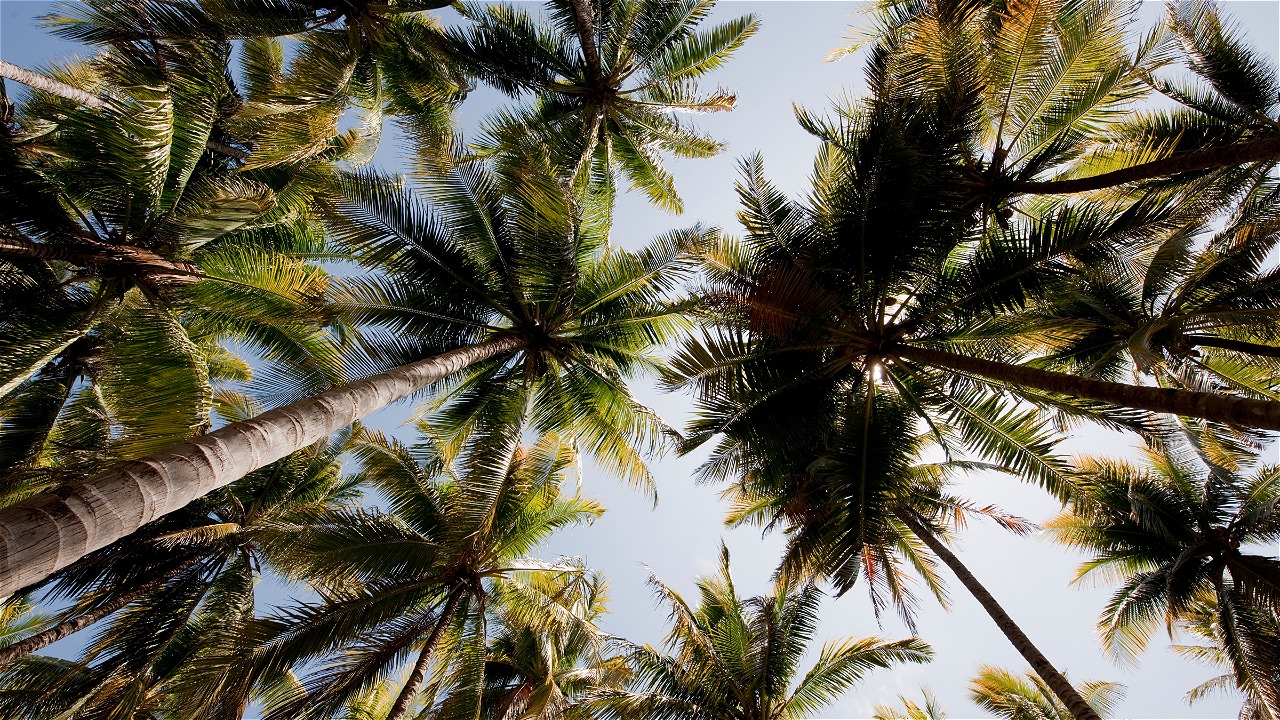ECOTOURISM INSPIRATION ON A FIVE-DAY EXPLORATION OF THE WAKATOBI
By: Martina Rahmadani (Responsible Marine Business Officer)
Magical moments don't just happen on the ground in Wakatobi. But also when we enjoyed the underwater - Hoga Island, which we dived into until noon on this third trip exploring Wakatobi.
Derawa Village and Mantigola Bajo Village were our next destinations.
Derawa Village is one of the villages located on a separate island from the large island of Kaledupa. The majority of the people in this village are seaweed farmers. Not only learning to install seaweed seeds, participants were invited to the seaweed field to plant the seeds that had been installed.
The journey to the seaweed field can be reached within 15 minutes. The location is beautiful enough to make all participants' eyes not blink. In addition to its extraordinary natural beauty, for myself, this activity provided a new experience. I participated in installing seaweed seeds directly at the location of the plantation!
This is what is called the other side of travel - the contribution and direct interaction with the people we meet every heart. Not only did the participants gain experience, this activity also gave encouragement to the seaweed farmers.
The third day ended with an afternoon spent at the Bajo village of Mantigola. The village, which is separated from Kaledupa Island, is reached via a wooden bridge, and connected by canoe. Mantigola presents a beautiful sunset view, bewitching anyone to feel at home sitting on the edge of the wooden bridge.
We were also served local food by the community, with a menu of kasoami biru (black kasoami), grilled fish, and preparations from latu / lawi lawi, or Caulerpa lentillifera which is a type of algae.
After two days in Kaledupa, participants returned to Wangi-wangi. We were invited to enjoy the expanse of blue sea and watch the tuna fishermen skillfully using kite fishing rods. We also saw dolphins who were busy looking for food.
The activity that started at 06.00 am, finally ended with a visit to the fish market accompanied by the Lepa Mola group, which is also assisted by WWF-Indonesia. Participants were given an explanation of how to choose fish caught using environmentally friendly fishing gear and the types and sizes that are in accordance with WWF-Indonesia's Seafood Guide.
The five days of ecotourism were complete, marked by the full camera with various photos of participants. We did not forget to hunt for souvenirs of processed fishery products from the Wakatobi community such as smoked skipjack and tuna, parende, and salted fish.
"The beauty of Wakatobi is not only in the sea, but also on land. Participating in community activities is unforgettable, and increases our sensitivity to our surroundings," said Zack, one of the participants. "Let's Travel with Respect!" he continued, mimicking Jelajah Biru's signature slogan.




